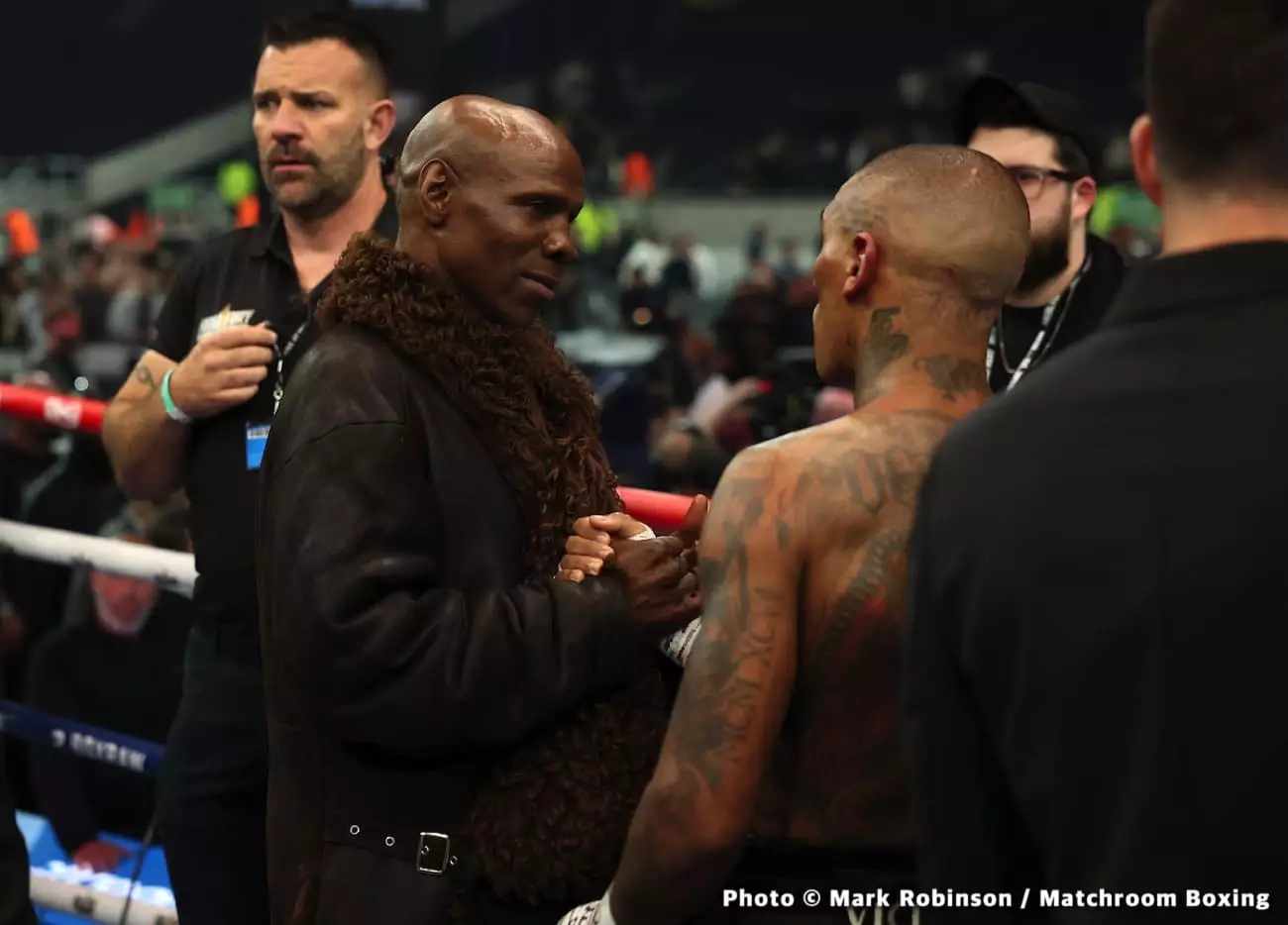In the dazzling world of 1990s boxing, few figures shone as brightly as Chris Eubank. With his flamboyant personality and indomitable spirit, he carved out a name for himself in British boxing history. Eubank, championing titles in both middleweight and super middleweight classes, navigated the ring with a sense of showmanship that captivated fans. Today, many consider him one of the foremost British fighters of the last three decades. Despite his accolades, there looms a question that continues to tantalize boxing enthusiasts: what if Eubank had faced two of America’s greatest boxing titans, Roy Jones Jr. and James Toney?
The Untested Waters of the 168-Pound Division
The 1990s were a fertile ground for the super middleweight division, marked by fierce rivalries and legendary showdowns. Icons such as Eubank, Nigel Benn, and Joe Calzaghe dominated the British scene while their American counterparts, Jones and Toney, showcased unparalleled skill across the pond. Within that vibrant milieu, Eubank’s decisions stand out as a fascinating intersection of bravery and prudence. When he invited scrutiny in a recent Sky Sports interview, Eubank laid bare his thoughts about not unifying titles with the likes of Jones and Toney, labeling them as “too dangerous.”
Intellect Over Intensity
Eubank’s admission displays a level of self-awareness that is commendable. He highlighted the blend of “brains and speed” that Jones possessed, a combination he regarded with respect. He understood his boxing style, relying on a robust chin and tactical intelligence rather than raw speed. The inevitability of facing a challenger like Jones, who had mastered the art of outmaneuvering opponents, poses an intriguing thought experiment. While Eubank’s tolerance for punishment may have suggested resilience, facing a speedster like Jones could have led to drastically different ramifications in the ring. Can a fighter’s intelligence truly compare against sheer athletic prowess?
A Clash of Styles: Eubank vs. Toney
The potential collision with James Toney adds another layer to this layered narrative. Toney’s capability to occasionally come into fights less motivated plays into the conjecture of how their styles would mesh. Eubank typically fought with a fervor that demanded engagement, thereby risking Toney’s tendency toward complacency. Would Eubank’s relentless pursuit pressure Toney and expose weaknesses the latter may not show against lesser opponents? The specter of possibility raises intriguing tactical questions, turning a hypothetical bout into a much-debated topic among fans and analysts alike.
Resilience Against Reputation
Looking back on boxing predictions, one U.S. magazine’s audacious assertion of a first-round knockout by Jones against Eubank felt far-fetched. Eubank’s resilience was legendary; only a single stoppage blemished his illustrious record. To envision the matchup is to engage in a dance of style and strength. While Jones ultimately may have outperformed Eubank in a showdown, dismissing the Englishman’s hardiness is an oversimplification of the sport itself.
The ironic part of this narrative is that Eubank’s choice to evade potential fights could be perceived not as cowardice, but rather as strategic foresight. By sidestepping these monumental clashes, he preserved his legacy without the risks that could have undermined it. The paradox of a fighter renowned for his courage admitting to intelligently avoiding formidable opponents is simultaneously captivating and disheartening.
The Aftermath of Choices
At 58, Eubank reflects on his career with candor, not displaying any sorrow over the fights that never transpired. His insights echo a mature understanding of the sport, one that reconciles ambition with the harsh realities that seasoned fighters face—risk management versus public esteem can be a precarious balancing act. True tributes to talent, like Jones and Toney, bring out a recognition of Eubank’s own limitations, and the humility in his acknowledgment serves to enhance his legacy rather than diminish it.
Lost bouts often cultivate an air of mystique, leaving lingering questions in their wake. What if Eubank had fought Jones or Toney? Perhaps sometimes, not knowing the answer fuels greater intrigue and reverence for athletes who are both mythologized and humanized by their choices. In this realm, the pursuit of glory remains intrinsically intertwined with the decision to step—or not step—into the ring.

